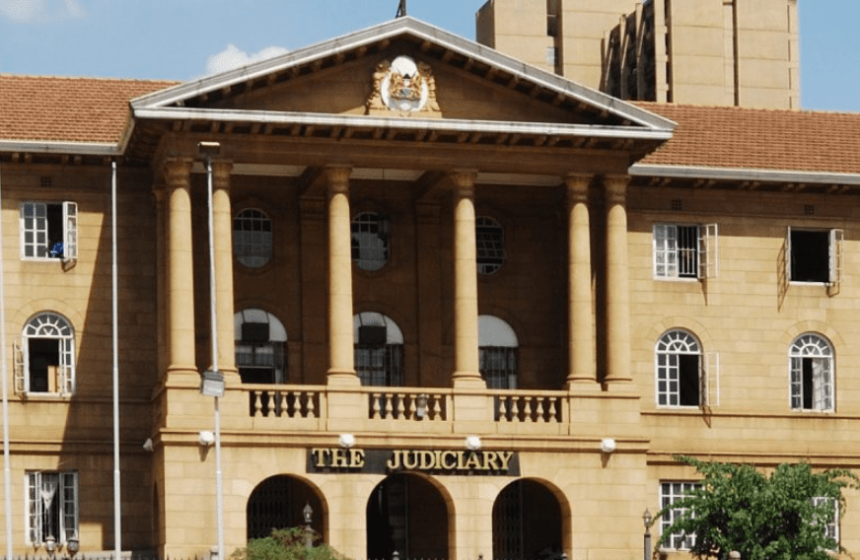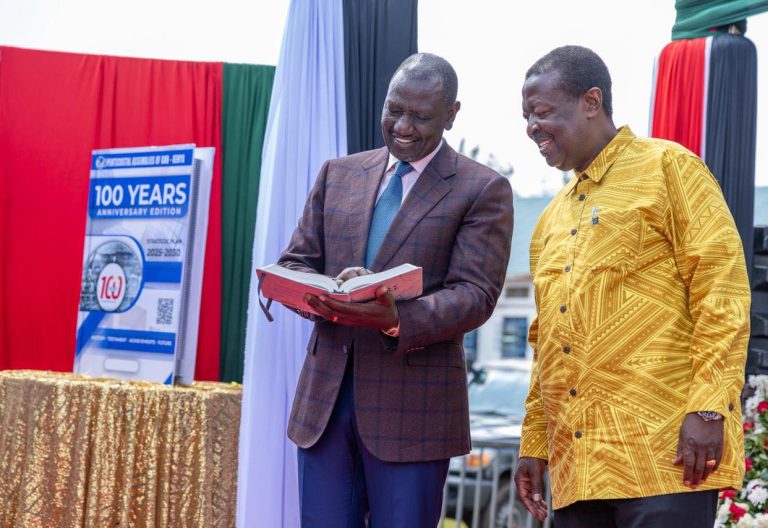
A storm is brewing in Parliament after revelations that the Judiciary has been awarding judges and top judicial officers billions in taxpayer-funded allowances outside the framework set by the Salaries and Remuneration Commission (SRC).
The matter came to a head on Wednesday during a tense Public Accounts Committee (PAC) session, where legislators questioned why the Judiciary continues to regulate its own subsistence and travel allowances despite the SRC’s constitutional mandate to standardize public officers’ pay.
MPs warned that while the Judiciary enjoys independence, financial discretion without external checks could open the door to excesses that burden taxpayers.
“Who regulates these allowances? If one decides to peg an allowance at a thousand shillings instead of two hundred, where is the oversight?” pressed Mathioya MP Dr. Edwin Mugo, who also questioned whether the Judiciary benchmarks its rates internationally or operates without clear standards.
Auditor-General Raises Red Flags
The heated exchanges followed Auditor-General Nancy Gathungu’s report on Judiciary accounts for the year ending June 30, 2023. The audit flagged irregular payments, citing domestic travel and subsistence allowances granted to the Chief Justice, Deputy Chief Justice, all judges, registrars, magistrates, and senior staff—at rates significantly higher than those authorized by SRC’s February 2022 circular.
According to the audit, the Judiciary’s actions directly violated SRC guidelines and resulted in irregular disbursements running into millions of shillings.

Contested Allowance Structure
Documents tabled before the committee traced the dispute back to July 2019, when then Chief Registrar Anne Amadi announced new per diem rates approved by the Judicial Service Commission (JSC).
The revised structure granted the Chief Justice and Deputy Chief Justice Ksh 30,000 daily, judges and the Chief Registrar Ksh 25,000, and chief magistrates, the Deputy Registrar, and senior staff Ksh 20,000 per day. Other staff remained on existing rates.
Amadi’s directive ordered immediate implementation of the new scheme, sparking the now-intensified row with Parliament.
Judiciary Defends Itself
Current Chief Registrar Winfridah Mokaya defended the Judiciary, saying the JSC had benchmarked its rates with those of the Parliamentary Service Commission (PSC).
“The Judicial Service Commission benchmarks particularly with the Parliamentary Service Commission, so the rates we apply are comparable to PSC,” she told MPs.
Her explanation was, however, dismissed by legislators who argued that PSC benefits had themselves been nullified by the SRC, making the Judiciary’s defense invalid. Samburu West MP Naisula Lesuuda demanded clarity on whether the Judiciary had ever adhered to SRC guidelines or simply bypassed them altogether.
Mokaya insisted the JSC acted within its constitutional mandate under Article 172, which allows it to review and recommend terms for judicial officers. She argued that the commission had set its allowances before SRC released its official rates, a position she said was later upheld in court.
MPs Demand Accountability
The PAC accused the Judiciary of deliberately ignoring national remuneration standards despite being represented within the SRC itself.
Philip Cheboiwo, Director of Audit at the Auditor-General’s office, echoed lawmakers’ concerns, saying: “If the Judiciary already has a seat at SRC, why should it then isolate itself and adopt higher rates? Fairness should apply across the entire public sector.”
Legislators have now ordered the Judiciary to provide a copy of the Supreme Court ruling it cites as the legal foundation for its actions, as well as detailed evidence on how it arrived at its benchmarks.
Broader Implications
The row comes at a time when Kenyans are increasingly critical of ballooning perks and allowances for state officials, which have added pressure to the public wage bill. The Judiciary’s stance has fueled fears of a widening gap between remuneration policies and constitutional accountability, raising urgent questions on whether independence is being misused to shield financial privilege.
The showdown sets the stage for a high-stakes confrontation between Parliament, SRC, and the Judiciary, with billions of shillings of taxpayer money hanging in the balance.







